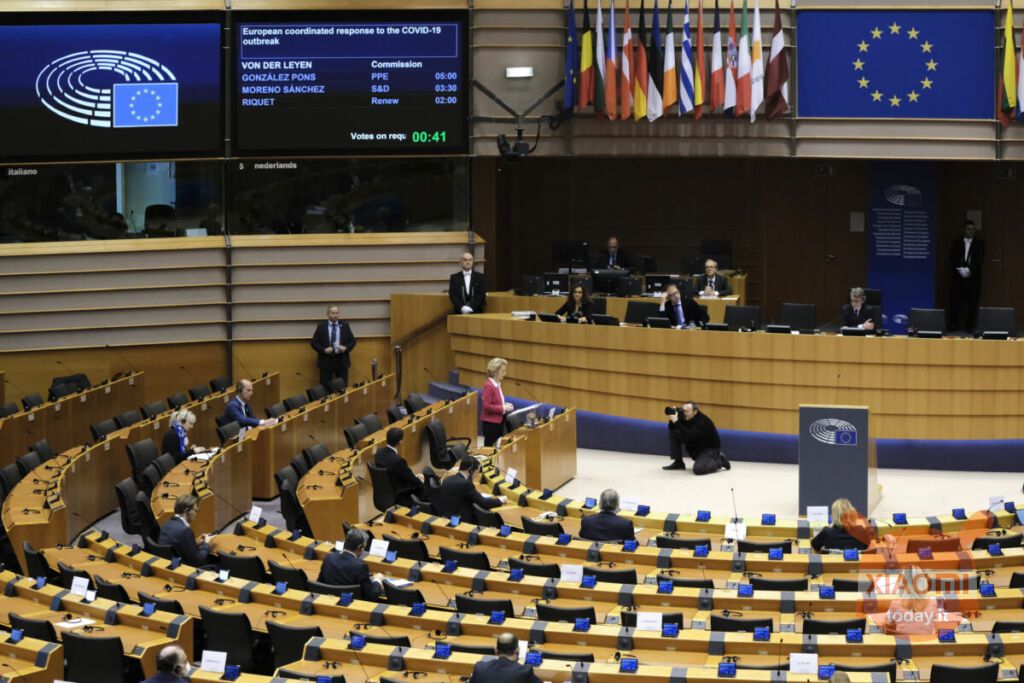
In a rapidly evolving global context, theintelligence artificial (AI emerges as one of the most influential and potentially disruptive technologies. Recently, Germany, France e Italy took a decisive initiative to shape the future of AI regulation in Europe, breaking away from the approaches adopted by other global powers. Here are all the details known so far.
The global context and the G7 agreement on the regulation of AI
The regulation of AI has become a major topic globally, with the G7 He has reached a significant agreement on October 30th. The United States has supported a lax regulatory framework, aimed not to hinder technological development, while other nations, such as France, Germany and Italy have expressed the need for stricter control.
In this scenario, the proposal of Japan he gained support for his is balanced, which combines American flexibility with European rigor, emphasizing copyright protection and personal data privacy.

Read also: OpenAI's proposal: integration of ChatGPT in schools. What about the student's critical thinking?
The agreement reached by the G7 suggests a code of conduct for companies in the field of AI, which however remains voluntary in nature. In contrast, the European Union has been working on a more stringent regulatory framework from May 2022, proposing to classify AI systems into three levels, each with specific restrictions based on their abilities.
The initiative of Italy, France and Germany
The joint initiative of Germany, France and Italy focuses on rregulation of the application of AI rather than on the technology itself. Their proposal emphasizes the transparency of artificial intelligence models, requiring detailed information that explain how they work, capabilities and limitations, in line with the best practices of the developer community. This approach aims to mitigate the risks associated with the use of AI, while ensuring responsible and sustainable innovation.
The three countries also propose a system of sanctions for violations of the code of conduct, which would come into force after a set period of time. The proposal still needs to be discussed and approved by other EU nations and relevant bodies, including the European Commission, the European Parliament and the Council of Europe.
A focal point of the debate will concern the balance between innovation and regulation, and how this will affect the Open Source movement, especially in light of a potentially less permissive regulatory framework than that of the United States or China.
Cover image | GIVE HER








